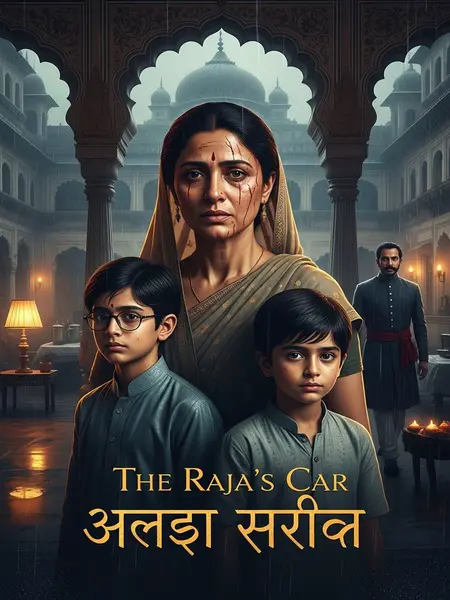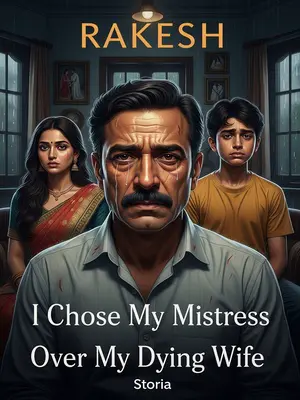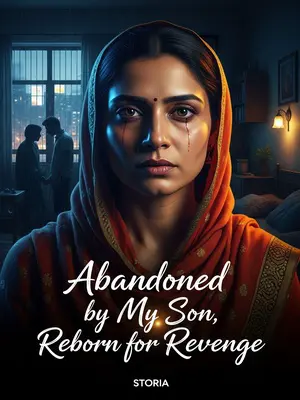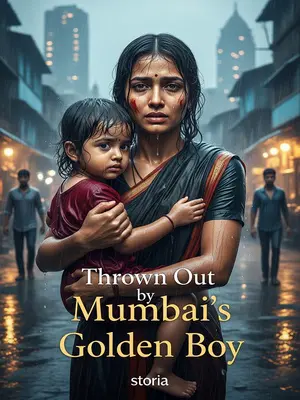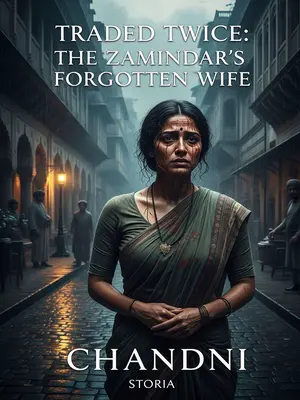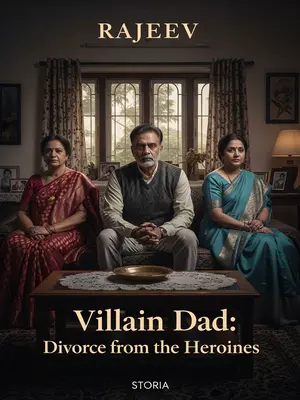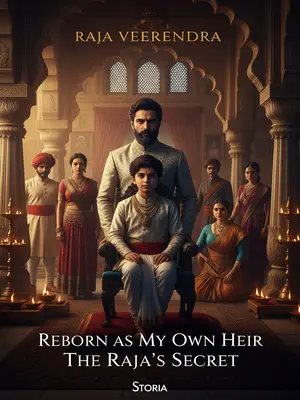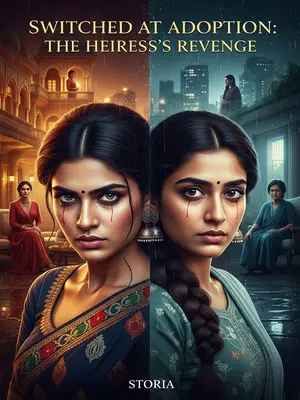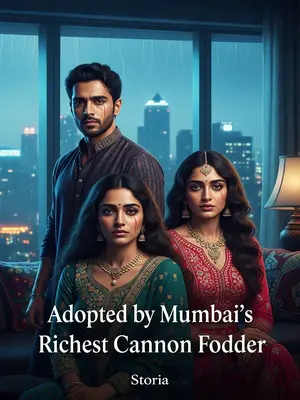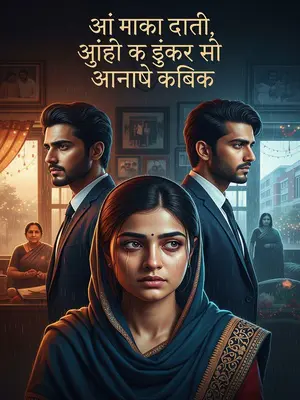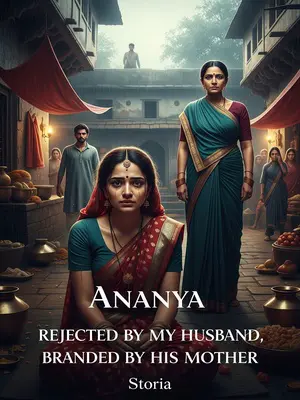Chapter 3: Mercy and Humiliation
I rushed forward, pulling Aarav into my arms. Knowing I couldn’t afford to offend these people, I kept my head bowed and spoke humbly:
I felt everyone’s eyes on me—servants, bystanders, even the mithaiwala from across the bridge. Folding my hands together, I spoke in a voice that trembled with both respect and fear. “Maaf kijiye, huzoor. Yeh baccha hai, galti ho gayi. Please forgive him. Don’t punish the child for my sake.” My knees ached from the hard ground, but I did not move.
"Young master, I don’t know how this child has offended you. Please, I beg your forgiveness on his behalf."
There was a brief silence inside the car. Someone rolled down the window, and I felt a scorching gaze fixed on me.
I bowed even lower.
The noble young master asked softly, "You want to apologise for him? Who are you to him?"
The question hung heavily in the night. The air was thick with the scent of burning colours and frying sweets. My voice, when it came, was soft but clear.
I replied, "I am his mother."
For some reason, the young master’s anger seemed to flare. He gave a cold, mocking laugh. "Fine, apologise then. But standing?"
A hush fell over the crowd. Some aunty in the back gasped quietly, clutching her dupatta. A few women in the crowd looked away, their mouths pressed tight, as if swallowing their own helplessness. I knew what was expected. I tucked my sari pallu more tightly around myself and went down on my knees, touching my forehead to the ground, like a devotee seeking mercy at a temple.
I understood immediately and knelt down, bowing hard enough for my forehead to hit the ground.
I was used to this—in the past, whenever those high and mighty folks were angered, all I, lowly as I was, could do was kneel and bow my head.
I felt no shame; only by enduring could I survive.
But Aarav was terrified. He wasn’t the sort to cry, yet now he wailed, trying to pull me up: "Maa, Maa, don’t do this! I was wrong, it’s all my fault!"
Strangely, the young master seemed stunned as well. I had only knelt and bowed twice when the guard hurriedly pulled me to my feet.
Yet the broken stones hidden in the dust had already scraped my forehead, and sticky blood blurred my vision. I never did see the young master’s face clearly.
My knees were throbbing, and the world swayed with the pain. Aarav’s arms clung to my waist, his sobs muffled against my kurta. Overhead, someone hissed for the servants to let us be, and in that moment, the raja’s power was all that mattered. Lucknow’s old rules, written in blood and silence, played out yet again.
Seeing that they no longer meant to make trouble, I took Aarav’s hand—he was still sobbing—and led him down the bridge, eyes lowered.
All around was deathly quiet. The wind blew gently, and cold, fine rain drifted down.
Who could have expected that from within the car, a man’s refined sigh would suddenly sound: "The rain is too heavy. Come inside."
At that moment, my heart—which had just calmed—froze once again. Even the falling rain on my face felt like countless needles, piercing and painful.
For a second, my mind flashed back to nights long ago: shivering under that same rain, waiting for forgiveness that never came. My grip on Aarav tightened. I could taste the salt of blood and rain mixing on my lips.
